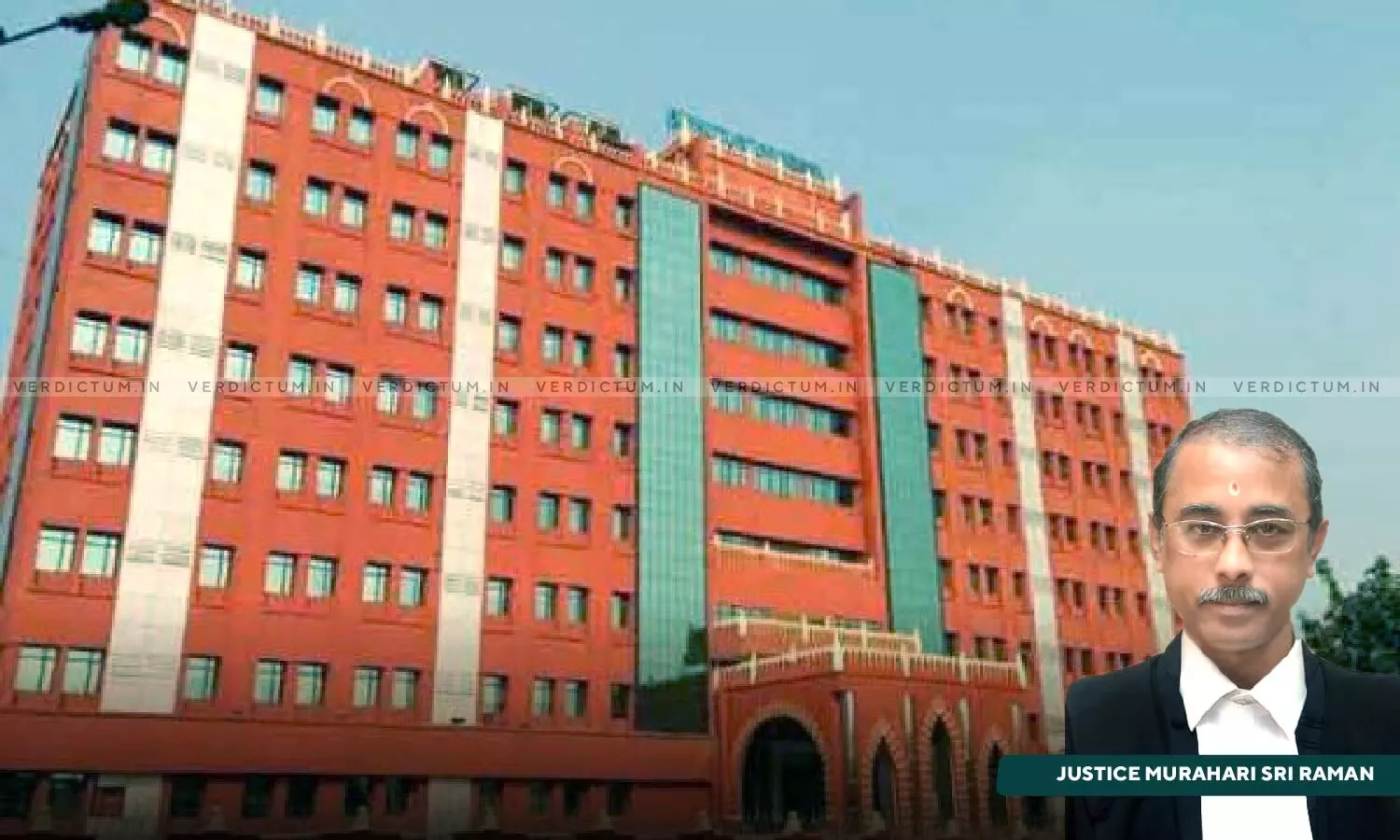
Disciplinary Authority Must Give Effect To Appellate Order Without Being Influenced By Advisory Received From Other Source: Orissa HC
 |
|The Orissa High Court elucidated that the Disciplinary Authority need to give effect to the Appellate Order without being influenced by advisory received from any other source.
The Court was deciding a writ petition against the Office Order by which the Disciplinary Authority restricted payments of the retired employee.
A Single Bench of Justice Murahari Sri Raman observed, “The mandate in Rule 30 of the OCS (CCA) Rules makes it clinches that the Disciplinary Authority is required to give effect to Appellate Order without being influenced by advisory received from any other source. Therefore, Order dated 05.04.2021 as passed by the Disciplinary Authority-opposite party No.3 does require intervention of this Court.”
Advocate Krishna Chandra Sahu appeared for the petitioner while Additional Standing Counsel (ASC) Arnav Behera appeared for the opposite parties.
Factual Background -
While the petitioner was working as Revenue Inspector under Chakapad Tahasil, a case was instituted and he was placed under suspension vide an order in exercise of powers under Rule 12(2)(b) of the Odisha Civil Services (Classification, Control and Appeal) Rules, 1962 [OCS (CCA) Rules]. After continuing for more than one year under suspension, a departmental proceeding was initiated against him by the Disciplinary Authority-cum-Collector and District Magistrate. The petitioner approached the Odisha Administrative Tribunal via an application wherein an interim order was passed with a direction to the opposite parties to not take any further action in the departmental proceeding and the case was kept pending.
But, while the interim order was in force and main matter was pending adjudication, the order of dismissal of the petitioner from service was passed. Thereafter, a criminal case under Section 13(2) read with Section 13(1)(d) of the Prevention of Corruption Act, 1988 (PC Act) came to an end. Accordingly, the petitioner was reinstated in service and being aggrieved by the period of suspension, he moved the Tribunal. Being dissatisfied, he assailed the order before the Appellate Authority. Aggrieved thereby, he was before the High Court.
The High Court in the above context of the case, said, “Bare reading of said provision manifests inter alia that when the Government servant, who has been dismissed is reinstated or would have been reinstated but for his retirement on superannuation while under suspension the Authority competent to order the reinstatement shall consider and make a specific order with respect to payment and allowances for the period of his absence from duty or for the period of suspension ending with the date of his retirement on superannuation and as to treatment of the period of suspension as on duty or otherwise.”
The Court noted that the case factually does not fit into clause (1) of Rule 91 of the Odisha Service Code. It added that, since the allegations levelled against the petitioner in the criminal case could not be substantiated which resulted in acquittal by the Special Judge (Vigilance) invoking power under Section 248(1) of the CrPC and the punishment inflicted in the disciplinary proceeding under Rule 13 got set aside by the Appellate Authority in exercise of power under Rule 29 of the OCS (CCA) Rules, the petitioner should not be made to suffer penalty in the manner which is reflected in the fresh Order of the Disciplinary Authority purported to have been passed as a sequel to Appellate Order with reference to advice vide Letter of the Revenue and Disaster Management Department.
“… this Court finds that Order dated 05.04.2021 (Annexure-15) is not tenable in the eye of law. Accordingly, this Court invoking power of extraordinary jurisdiction under Article 226 of the Constitution of India is inclined to quash the Order dated 05.04.2021 passed by the Collector, Kandhamal”, it concluded.
Accordingly, the High Court disposed of the writ petition and quashed the impugned order.
Cause Title- Kansari Behera v. State of Odisha & Ors.
Appearance:
Petitioner: Advocates Krishna Chandra Sahu, Sudarshan Pradhan, D.K. Mahalik, Ajaya Kumar Samal, and Monalisa Tripathy.
Opposite Parties: ASC Arnav Behera